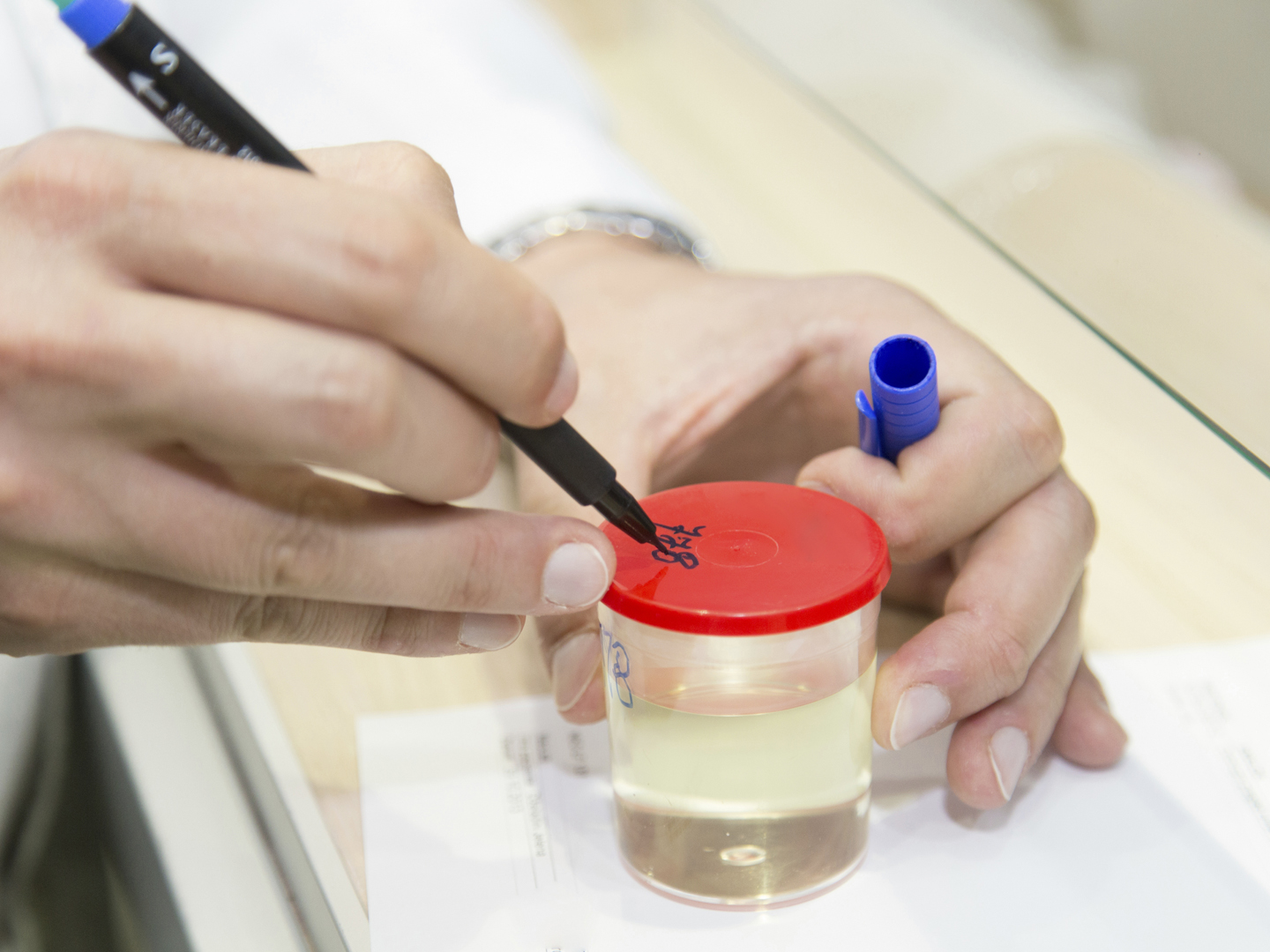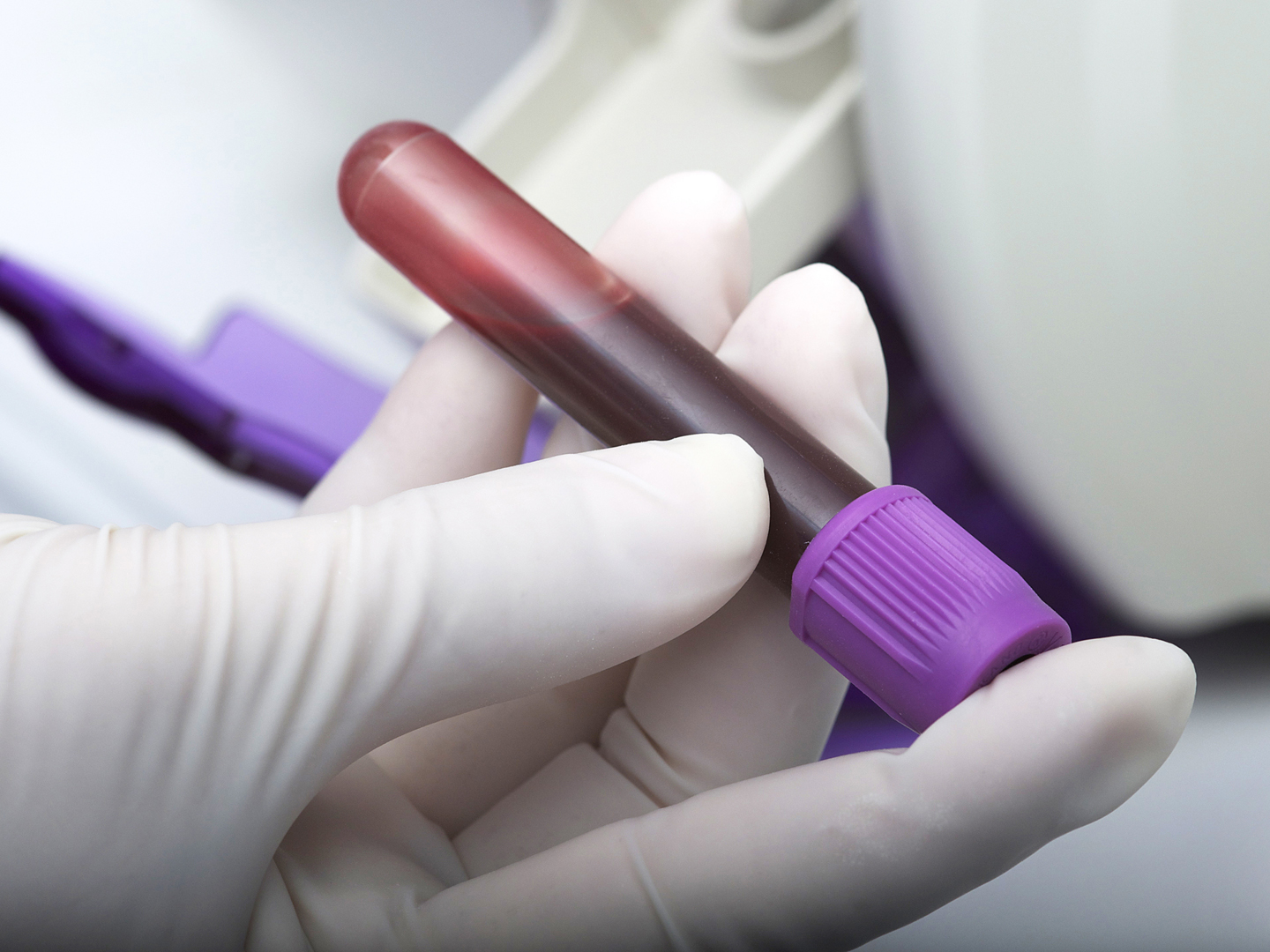A Urine Cure?
What is urine therapy? Is it worthwhile?
Andrew Weil, M.D. | February 23, 2006

Urine therapy, also called autotherapy, which originated in India, is the use of your own urine as a treatment for a long list of ailments – virtually any disorder you can think of from arthritis, leprosy, AIDS, baldness, cold sores, and a host of other disorders, both trivial and serious. It is especially popular as an alternative cancer therapy in Japan.
Some folk remedies involve applying urine to the skin: for the treatment of athlete’s foot and jellyfish stings, for example, or just for beautification. They may help in some cases and usually don’t cause any harm. Drinking your own urine to treat whatever ails you is another matter.
Proponents maintain that urine contains substances with curative powers. First of all, I know of no scientific studies that support the notion that drinking one’s own urine is a worthwhile treatment for any condition. Secondly, as a physician, I view urine as a waste product that the body wants to get rid of, and I suspect that any perceived benefits from this treatment are placebo responses set in motion by breaking the powerful psychological taboo against drinking urine.
Even if you could overcome the psychological barrier and were willing to overlook the lack of scientific proof for claims that urine therapy has curative powers, experimentation could lead to negative side effects, particularly if you have a serious illness. According to the Chinese Association of Urine Therapy, drinking your own urine can cause diarrhea, itching, pain, fatigue, soreness of the shoulder and fever – each of which can last from three to seven days or sometimes as much as a month or more. Bottom line? Flush.
Andrew Weil, M.D.








